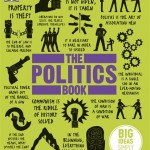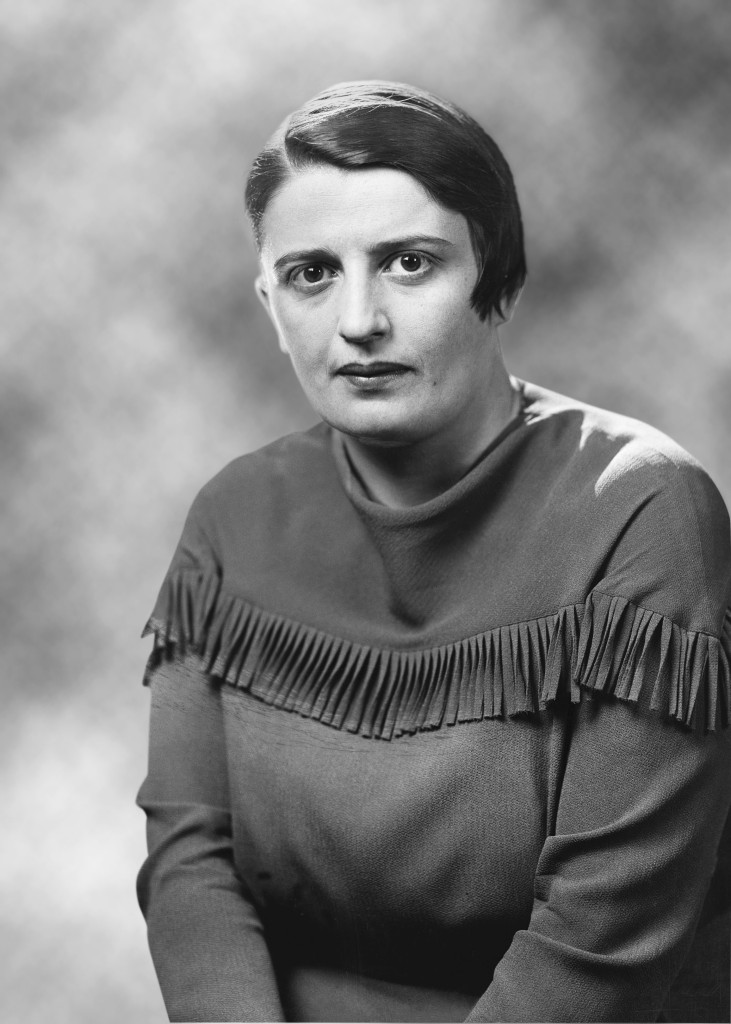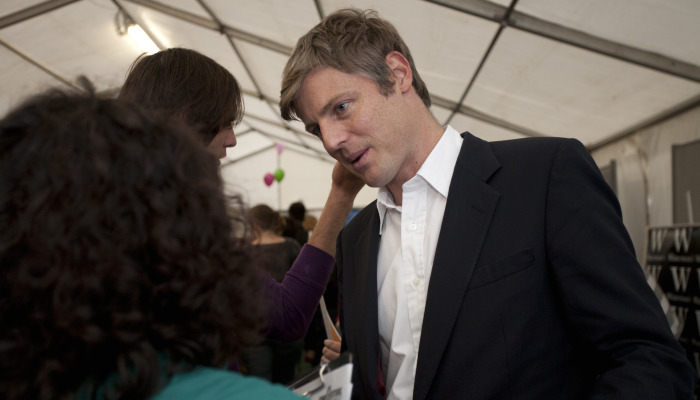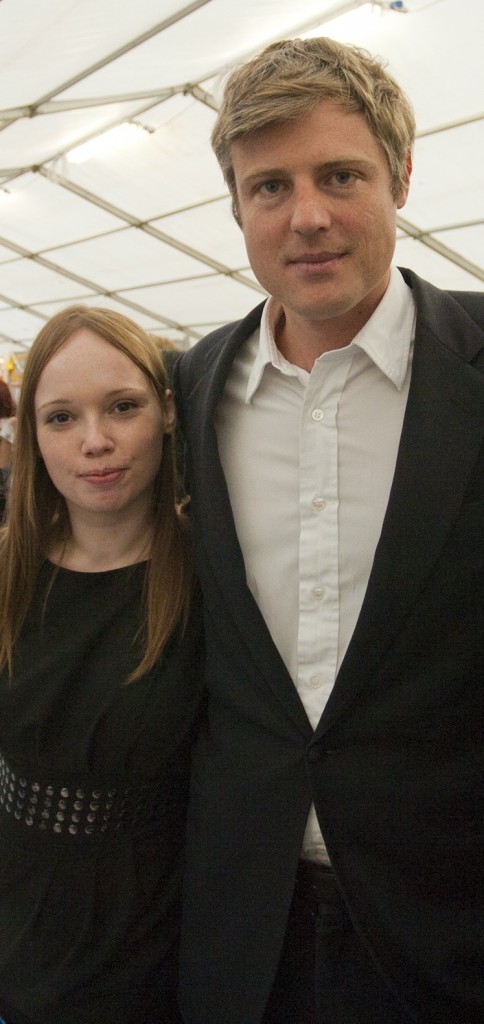When the Labour government finally dragged its heels from 10 Downing Street in May, one of the most contentious environmental issues of its time appeared to go with it.
Prime Minister David Cameron had barely crossed the threshold in place of the departing Brown, before the coalition government promised it would scrap plans for Heathrow’s third runway – an environmental battlefield in a war that had raged for almost a decade.
The defeated British Airports Authority (BAA) announced it was withdrawing its application soon after.
For the residents of Sipson and Harmondsworth – two villages in west London that lay directly in the path of the proposed project – it was a victory long in the making.
Six months on, it would be expected that any visitor to Sipson would encounter a community bubbling with renewed enthusiasm and vibrancy after losing the dark shadow hanging over their everyday lives.
Instead, it comes as a shock to find the polar opposite. From the jaws of defeat, BAA may yet win an unlikely victory.
A potted history of the conflict reveals the Labour Government first considered building a third runway in 2002. A flawed consultation document eventually followed in 2007, which became the catalyst for heavy-hitters Greenpeace to get directly involved in the campaign to stop Heathrow expansion.
Greenpeace’s Anna Jones reflected on the mood at the time: “The public consultation didn’t allow people to say ‘no, we don’t want it’, but instead said, ‘if we‘re going to build it, how should we build it?’ she recalls.
“The public opposition then really began to develop and it was around that time that we had the idea of Airplot.”
Pulling in a cross-section of political figures, celebrities and environmentalists, Greenpeace trumped the Government’s highly controversial green-lighting of the project in January 2009, by revealing their own purchase of a field directly in the runway’s proposed path.
Christened Airplot, the site soon became a focus for resistance to the runway, both directly and indirectly, with Greenpeace offering the opportunity for people to become beneficial owners of the site.
“In the first week, it was crazy and amazing,” says Jones. “A thousand people an hour were signing up to become owners at one point. And I think it really gave people hope and something concrete to do to stand in the way of the plans.”
Residents too, welcomed Airplot with open arms.
“We wrote to every single person in the village letting them know we were there,” she adds. ”Everyone was very supportive.
“There were some people who were feeling trapped by the blight situation and some who felt they just wanted to give up. But all the work the action groups and Airplot did, really boosted the morale of the local community and made them feel even stronger.”
Also joining the fray were activists Transition Heathrow.
The group swooped on a local derelict market garden site in March 2010 during the height of the fight against the runway and were determined to stay.
After removing 30 tonnes of rubbish and surviving an early court battle by the landowner to remove them, they have transformed the area into Grow Heathrow, which has become a community hub in a short space of time, visited by a number of Sipson’s home owners every day.
Transition Heathrow’s spokesman, Paddy Reynolds, explains: “We wanted to start something in the village that would capture some of the radical energy roused by the third runway campaign.
“They wanted tarmac and planes, and we wanted a sustainable, grass roots level, democratic community, that can look after itself in the face of local and global challenges.
“However, we didn’t want to just storm in,” he explains. “We knew a lot of people in the area through the campaign and spoke to everyone we knew about this site.”
“It had been used by an outfit that got evicted by the council. It was very unpopular, because there were noise abatement orders, illegal scrapping of cars and a lot of rubbish dumped, with people going in and out all the time.
“So we thought, ‘this is a very anti-social site, let’s make it very social. We’ll occupy it, clean it up and turn it into a community market garden’.
“It’s one of the last standing of these old market garden greenhouses, so it’s symbolic.”
Since March, the site has altered beyond recognition, becoming a genuine window into Heathrow’s past as prime arable land.
Airplot too, continues to grow – with a thriving orchard and returning wildlife – and with Greenpeace’s presence in the area now much reduced, Anna Jones believes the village is enjoying some quiet time.
“I think everyone’s very happy now just to be able to live their lives and breathe – which they haven’t been able to do for so many years,” she suggests.
“That’s fair enough when you’ve been at the centre of controversy for so long.”
But the truth appears to be much less rosy.
The centrepiece of the village, the listed, 400-year-old King William IV pub became an unofficial meeting place during the fight for survival, but a Friday lunchtime visit gives the impression that all is not well.
Close to 1pm, the pub is empty. A passer-by drops in for a quick pint and eventually three or four residents drift in. The mood is not optimistic.
Landlord Shaun Walters, after leaving Sipson in 1996, returned to the uncertainty in 2006.
“All that time, it’s been ‘is it or is it not coming’, but certainly in the last four years, it’s been more in the public eye.
“For me, it’s been a nightmare, business-wise. I’ve sold my house today, but when the guy came round to sign off everything, he said there are 32 houses unoccupied, all bought through BAA’s Bond Scheme. Some have been empty for four months, so I’ve lost revenue.
“For the businesses left in the village, it’s just devastation,” he adds. “I can see me being out of business after Christmas.”
And the government-approved Property Market Support Bond Scheme has proved to be BAA’s ace in the pack.
With buyers shunning a potentially doomed village, BAA offered residents a way out with the scheme, buying their properties at 2002 prices.
The coalition’s stance has since led BAA to limit residents to a deadline of June 22 to opt in, but a caveat in their letter advisees residents to continue to register their interest, in case of a future planning application.
And the inescapable irony is that, since the election, many residents have taken up the offer.
The legacy is rows of empty houses, while others are rented on short-term lets to migrant workers who have no stake in the long-term future of the community.
“I think a lot of people had had enough over the last couple of years and just wanted to go,” offers Walters.
“They wanted to go and live the dream somewhere else, and never have the heartache and grief of waking up in the morning, and thinking is it or isn’t it going to happen?
“But the big change is that it’s no longer a community. I don’t know a third of the people in this village now.”
One resident, speaking anonymously, agreed. “It’s dying from the inside,” she said. “I’ve sold my house to BAA. My neighbours have gone. Nobody wants to be here anymore.”
Transition Heathrow’s Reynolds is also well aware of the malaise that is creeping across Sipson.
“The Bond Scheme is self-perpetuating and causes more blight,” he says. “People who have been stuck in their houses for ten years have suddenly been given a small window of opportunity where they can sell at a good market rate at a time when the market’s crashing.
“It’s ‘take it or leave it’ and if you leave it, you might not get a better offer ever again.
“It’s meant that a lot of people have left en masse and that’s not good for any village. It’s especially unhealthy for the power dynamics, because BAA now own a lot of property here.
“The loss of long term residents is not helpful for the general well-being of Sipson. Families who know the history of this village is what binds this place together. That’s been lost.”
And most telling is that a number of people directly involved in the campaign have taken the opportunity to go.
Linda McCutcheon, the former chair of the Harmondsworth and Sipson Residents Association, is perhaps the biggest loss to the area.
“I knew Linda really well,” says Reynolds. “She was tireless in her support of us and anyone opposing the campaign.
“She was also on the committee for the No Third Runway Action Group (NoTRAG) which closed recently, but she’s moved out to enjoy her retirement.
“The previous chair of the residents association had family losses directly related to worsening health and stress caused by campaigning.
“Some of them sacrificed their retirement years, while some of them literally sacrificed their health – and ultimately their lives.
“Fair play to Linda. She deserves it, but the combination of circumstances means that it feels like a big change at the moment and we don’t know how that’ll develop.”
Despite coalition assurances that the third runway is dead in the water, leading Labour figures and business figures are still in favour.
Anna Jones agrees that political circumstances can change, but remains quietly cautious.
“I hope that’s it,” she says. “We will fight tooth and nail if it comes back onto the table because we know it’s a completely bonkers plan.
“If you were to let this go ahead, BAA wouldn’t rule out a sixth and seventh terminal and that’s just ridiculous.
“You can’t just continue to grow and grow and pollute, and take people’s homes away.
“But what we’ve seen with this most recent plan is that now society is mobilised. It knows how to come together and fight together in a united way. That’s why we won and that’s why we’ll continue to win.
“I think we’ve actually turned a corner now and I really don’t believe it’ll go ahead.
Perhaps unsurprisingly, the people who live on the airport’s doorstep are more pessimistic.
“I think they’ll get it in the end,” says Shaun Walters. “The third runway will come and this’ll be flattened. No doubt about it.
“There’s been too much money invested. When they were doing Terminal Five, the workmen who came in here said they’d seen plans for Terminal Six and Terminal Seven.
“They’ve had investment offers to build it in the Thames Estuary, but they don’t want to know. They want it here.
“If they’re willing to go through cemeteries, with people still being buried, they want it at all costs.
“At the end of the day, they’ll get all the houses and it’ll be a dead-end village.
Harmondsworth resident, John Power agrees. “They need it. It will happen.
“It’s just a matter of time. It’s all money, jobs, jobs, jobs and people lose their homes because of jobs.”
In the meantime, Transition Heathrow face a microcosm of the bigger picture, as they look to their own future in Sipson.
“We want to secure the site long term, ideally by coming to some agreement. We’ve put in an offer to buy the land, or potentially we may rent it.
“Failing that, we will resist all efforts to get rid of us without any kind of reasonable negotiations.
“We’re confident, and even if we lose, we want to make so much publicity in losing that we set an example not only for this area, but lots of other land-based projects in the communities around Britain.
“It’s a time to hold on tight really, because the shit’s going to hit the fan.”
And that may be a crude, but apt, metaphor for the future of Sipson.
“The Third Runway won’t happen,” says Reynolds emphatically. “The aviation industry is not strong.
“If they had built it, it would have been a complete white elephant.”
“But I think there’ll be renewed applications in a couple of years or less, or with a new government and then it’ll start off again.
“It led to an unprecedented campaign that was like an Iraq-type situation for Gordon Brown. It became a national and international issue.
“It’ll be like a civil war.”
Unfortunately, despite Reynolds’ and Jones’ willingness and readiness to resume the fight, the low morale and BAA’s expanding property portfolio suggests it could be too late for Sipson.
Their enemy are already within the walls.
for details). There certainly is an irony there.





